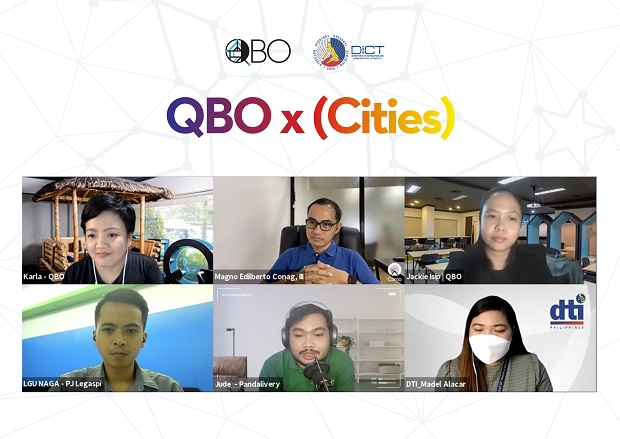Startup accelerator QBO Innovation Hub and the Department of Information and Communications Technology (DICT) have collaborated for QBOxCities, an ecosystem mapping project that aims to plot out and highlight the resources available to startup founders.

For this year’s ecosystem mapping project, QBO and DICT have selected Tuguegarao, Balanga, Naga, Legazpi, Puerto Princesa, Catbalogan, and Zamboanga.
“We’re thrilled to be able to provide more Filipinos with the opportunity to be part of the Philippine startup ecosystem. With the support of DICT, we will widen our reach and provide a more inclusive environment for the local startup community,” said QBO Innovation Hub and IdeaSpace Foundation president Rene “Butch” Meily.
The ecosystem maps will provide founders, enablers, and local and national government leaders with information such as media outlets for outreach, knowledge-sharing events, resources for collaboration, skill and idea development programs for founders and startup teams, hackathons and resources to build a minimum viable product, service providers such as law firms, accounting firms, and tax and HR services, incubation and acceleration programs, co-working and flexible workspaces, and investors.
For founders in the regions, the ecosystem maps can be a quick reference guide to discover local resources as they navigate their startup journey from idea to initial investment.
With more industries and organizations pursuing digital transformation projects, the ecosystem mapping project is an opportunity to bring more people into the startup space, particularly more women, students, professionals, and underrepresented groups.
QBO Innovation Hub and IdeaSpace Foundation executive director Katrina Rausa Chan hopes that the project will be a launching pad for founders and introduce them to various resources, which includes QBO’s Startup Pinay community, startup development programs, and community and ecosystem programs.
“The Philippine startup ecosystem is on an upwards trajectory, and we’re working towards ensuring this growth will be inclusive and shared by diverse groups. With the implementation of QBOxCities, the goal is to empower an even more innovative and competitive startup ecosystem all across the country,” stated Rausa Chan.
Aside from the ecosystem mapping activity, QBO will also be organizing online meetups or QLITANs, to give attendees an opportunity to share their insights, expectations, and concerns regarding their local startup ecosystem and set up potential collaborations with each other.
QBO and DICT will also be organizing a planning session to identify next steps to help the local startup ecosystem in the city thrive and another session to promote the city’s startup ecosystem.
The ecosystem mapping project is expected to be completed by the second quarter of 2022.




